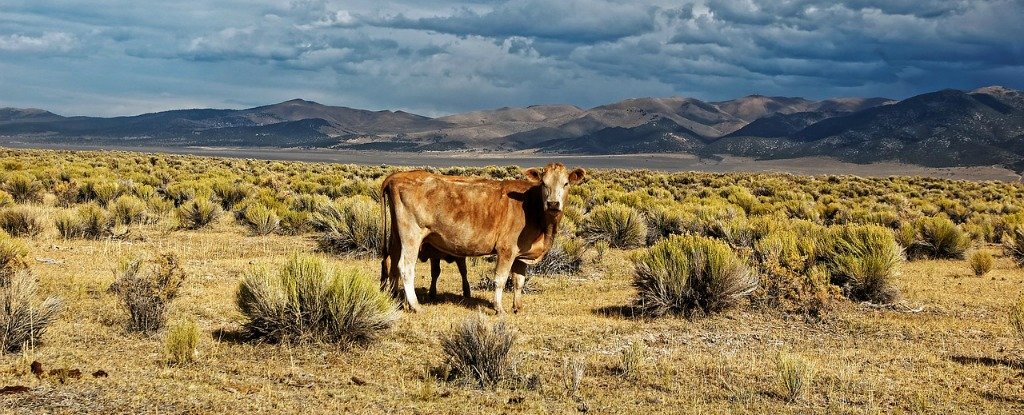
The University of Florida Institute of Food and Agricultural Sciences (UF/IFAS) has proposed a plan to make cows more resistant to the temperature increase caused by global warming. The proposal has received a three-year, US$733,000 federal grant.
The scientists’ plan aims to retain the quality meat cows provide while increasing the efficiency of the process in spite of a changing climate. The first step is conducting research on cows that already handle the heat pretty well.
By studying the Brangus cow, researchers hope to identify how it regulates its body temperature, which allows it thrive in hotter climates. Once identified, researchers could use a gene editing tool to give that ability to other breeds.
Dr Rachel Mateescu, associate professor in the UF/IFAS department of animal sciences, told Digital Trends:
“Heat stress is a principal factor limiting production of animal protein and negatively affecting health and welfare of cattle in subtropical and tropical regions, and its impact is expected to increase dramatically due to climate change […] the ability to cope with heat stress is imperative to enhance productivity of the US livestock industry and secure global food supplies.”
That a venture like this received funding is a sign of two things that many in the scientific community have been well aware of, but that they may not have yet connected: the rate at which the climate is changing, and the potential of gene editing software.
This article was originally published by Futurism. Read the original article.